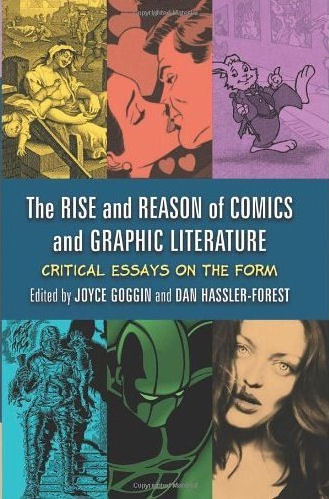 With the GOP primaries at this point closely resembling some implausible spoof of the most ridiculous preconceptions about American politics, satirists are challenged more than ever to find new ways of topping an increasingly ridiculous reality. Stephen Colbert’s straight-faced skewering of the political process remains the best game in town by basically trying to beat conservative pundits at their own game. But filmmakers have floundered when it comes to addressing the current state of American politics: both Oliver Stone’s W. (2009) and the new HBO production Game Change (2012) have re-written farcical reality as melodrama that humanizes its protagonists, transforming half-dimensional morons into three-dimensional characters with flaws and ambitions audiences can easily relate to. The only film in recent memory that engages with the political process with any degree of satirical substance is perhaps the cleverly written but entirely uncinematic (and extremely British) In the Loop (2009).
With the GOP primaries at this point closely resembling some implausible spoof of the most ridiculous preconceptions about American politics, satirists are challenged more than ever to find new ways of topping an increasingly ridiculous reality. Stephen Colbert’s straight-faced skewering of the political process remains the best game in town by basically trying to beat conservative pundits at their own game. But filmmakers have floundered when it comes to addressing the current state of American politics: both Oliver Stone’s W. (2009) and the new HBO production Game Change (2012) have re-written farcical reality as melodrama that humanizes its protagonists, transforming half-dimensional morons into three-dimensional characters with flaws and ambitions audiences can easily relate to. The only film in recent memory that engages with the political process with any degree of satirical substance is perhaps the cleverly written but entirely uncinematic (and extremely British) In the Loop (2009).
Two recent experiences prompted me to revisit Michael Ritchie’s masterful 1972 satire The Candidate recently: first my recent viewing of the aforementioned Sarah Palin ‘docudrama,’ and secondly my current immersion in Carl Freedman’s fantastic new book The Age of Nixon. While the well-acted but frustratingly vapid Game Change made me yearn for an American film that would actually engage with politics, Freedman’s book points out (among many other fascinating things) that Nixon’s 1968 presidential campaign basically defined the way in which American electoral politics would be organized henceforth. Nixon had a genius for understanding how American electoral politics could be used to his advantage, and his two successful presidential campaigns changed the face of American politics dramatically.
This dramatic shift is at the core of Ritchie’s film, which is primarily about the relationship between electoral politics and the media (primarily television). When The Candidate was first released in 1972 (two years before Watergate), it was criticized by many for its cynical view of American elections, and its sharp dissection of the influence of television on the way politicians must now become media-ready celebrities before all else. Earlier Hollywood films that dealt with corruption in politics focused on the familiar concept of absolute power corrupting absolutely: All the King’s Men (1949) is a good example of just such a fable in which an idealistic “true man of the people” is swept into office on the strength of his straight-talking campaign, only to become the embodiment of all the corruption he once fought against once he’s in office.
The Candidate demonstrates with exceptional precision how radically things have changed by the early 1970s. Robert Redford’s character Bill McKay, a dashing and idealistic young lawyer given an opportunity to run for the Senate because nobody else will challenge the undefeatable incumbent, starts off with the naive idea that he can simply speak the truth and then see how far it gets him. But as the camera turns out to love the handsome young candidate, the tricky terrain of audience polls, TV debates, and campaign commercials starts transforming every aspect of his vocabulary. In this memorable scene, the exhausted candidate tries to rehearse his stump speech in the car, only to find that his endlessly repeated and perfectly honed words have become literally meaningless to him.
The casting of Robert Redford in this role is of course extremely clever, broadening the film’s satirical frame to be inclusive of Hollywood and its perpetual focus on image construction. It’s a relief though that the film refuses to make Redford’s character the victim of a process of media manipulation by diabolical campaign strategists. Instead, McKay quickly becomes fully complicit in the process, frustrated and perhaps a little befuddled by the way the campaign changes both his focus and his motivation so completely. It’s one of the film’s true strokes of genius to end the film with McKay’s stunning political victory: the crowd, hooked on the excitement of a tight electoral race and the rise of a new celebrity politician, goes wild outside his door, while the film closes with the tragic victor’s one key question: “What do we do now?”







Just watched the Candidate. Two comments: 1. a little divorced from reality; a first time candidate beating an incumbent! 2. it does not discuss the relative strengths of the parties at the time and how that affected the campaigns.